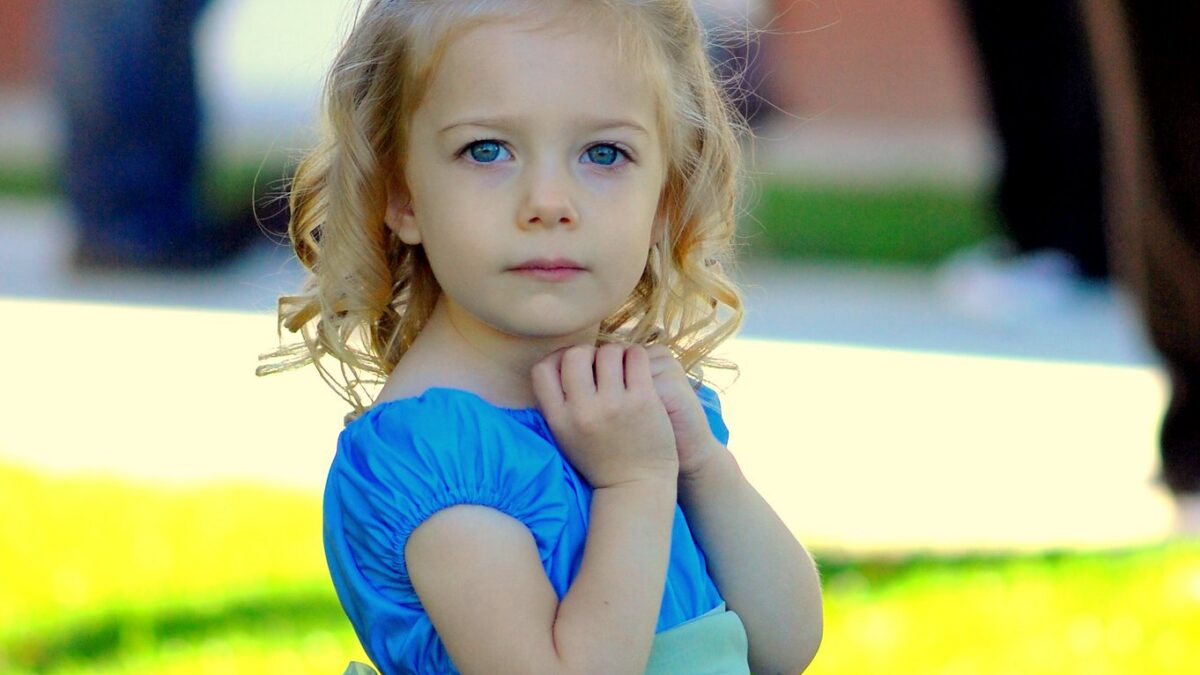
A new report examines global data on whether children born to cohabiting couples experience more family instability than children born to married couples, and whether the number of children born to non-married couples leads to more family instability worldwide. The short answer: Yes.
Given global increases in the number and proportion of children being born to single mothers and couples that live together but aren’t married, this study is timely and necessary for looking at the effects of parental choices on their children’s wellbeing.
The study from the Institute for Family Studies used data from 100 countries to demonstrate that families are more unstable when more children are born to unmarried parents or single mothers. In addition, detailed information from 68 countries to shows that the growing numbers of couples choosing cohabitation rather than marriage increases the instability children experience in the early years of their life.
“[C]ohabitation continues to confer a stability disadvantage on individual children even as cohabitation has become more normative,” the report says. “We find no evidence supporting the idea that in societies where cohabiting births are more common, marriage and cohabitation come to resemble each other in terms of stability for children.”
When children are born to couples who are cohabiting but not married, those children are more likely to experience what the report calls a “union transition” before they’re 12 years old. A “union transition” is when their parent switches sex partners, which creates relationship instability in the family. That, in turn, raises the likelihood of family woes such as emotional and behavior troubles in both parents and kids, higher rates of child abuse, and even higher risks for child mortality in the global south.
The increased instability of non-marital childbearing persists regardless of the level of the mother’s education, meaning that even in well-educated families a lack of marriage hurts. The likelihood of instability varies by nation, but by-and-large the best chances for a stable and healthy childhood are found when parents are married before they conceive children.

Additionally, children born to single mothers experience even more instability than children born to cohabiting couples, with children in single-mother households being nine times more likely to have at least one transition before the age of 12. This study firmly shows that across the world marriage confers the best chances for stability for children.
This report comes at a time when an ever-increasing number of children find themselves born into families that aren’t legally bound together by marriage. This is a new trend in the western world, and it’s being widely researched: “Between the 1970s and the early 2000s, the percentage of women who got married by the time their first child was born fell by half, according to research by Jonathan Vespa, Ph.D., a demographer with the U.S. Census Bureau, and Kimberly Daniels, Ph.D., of the National Center for Health Statistics. The percentage of unmarried pregnant women who lived with their baby’s father by the time of the birth jumped from 8 percent to 28 percent. Says Dr. Vespa, ‘It’s been a record transformation.’”
Adults cite many reasons for delaying or avoiding marriage, from simply not wanting to get married, to avoiding sharing bad financial credit, or not believing that marriage makes a relationship more secure. Women also increasingly feel that marriage isn’t needed to make them financially secure. Cultural acceptance of premarital sex combined with contraception use also means people are more likely to have unmarried sex, which can actually increase birthrates to unmarried couples because no form of contraception prevents conception 100 percent.
While religious groups have long championed marriage as the best framework for adults and their children, secular organizations and researchers have in recent decades been noting the same thing based on the mountain of social science demonstrating it. Children are more likely to be safe from abuse and neglect when they’re born to married parents, and less likely to have problems with stress and trouble in school.
When people have children, most want the best for those children. Sometimes having an intact family is outside parents’ control, and we certainly need to look at how to increase the chances for positive outcomes for children with single mothers and unmarried, cohabiting parents. With clear data that marriage is best for kids, though, all sexually active adults of childbearing age need to stop and consider whether their decisions will create a safe space for any kids they may have.
Psychologically healthy children with stable childhoods do better as adults. Instead of starting kids out disadvantaged, give your children the best chances at success: if you’re going to have sex and kids, get married first.









